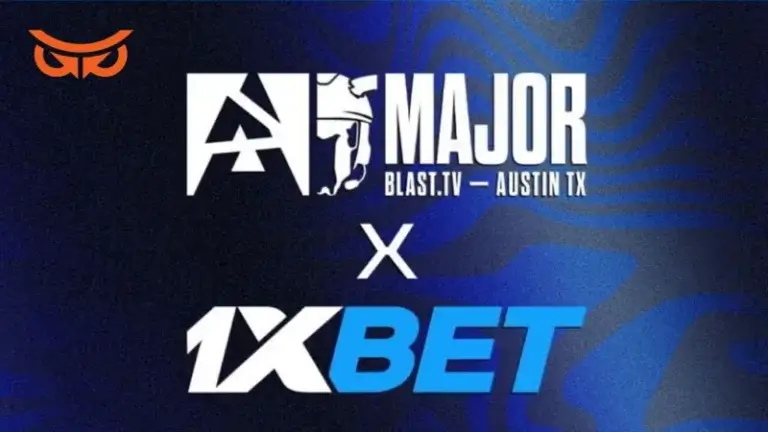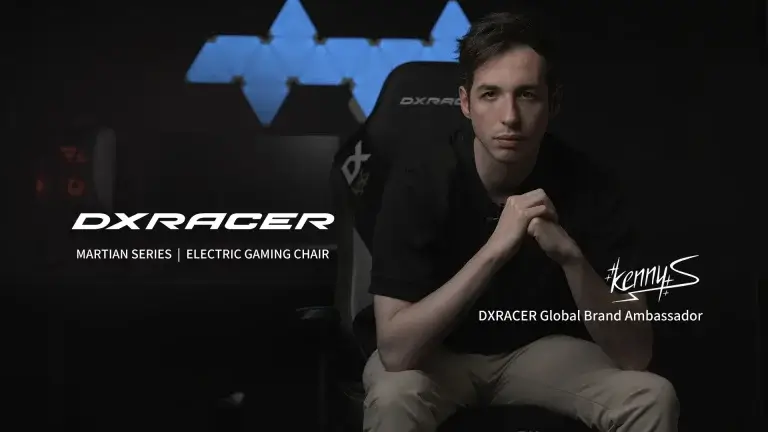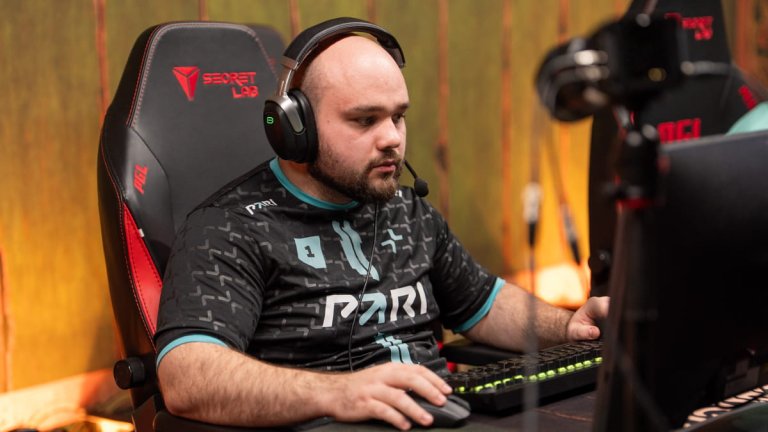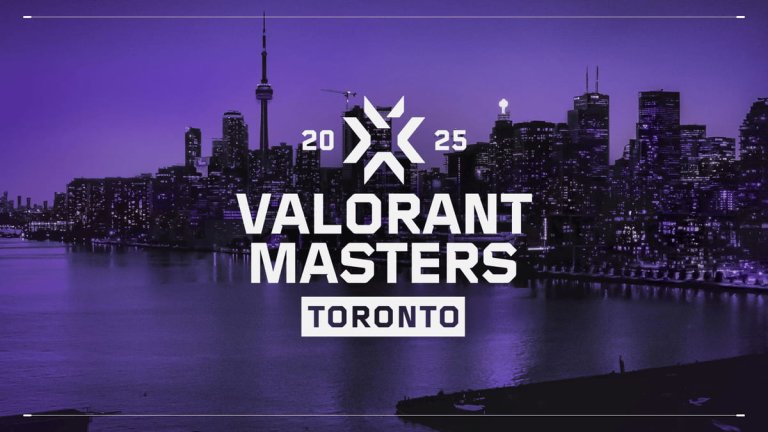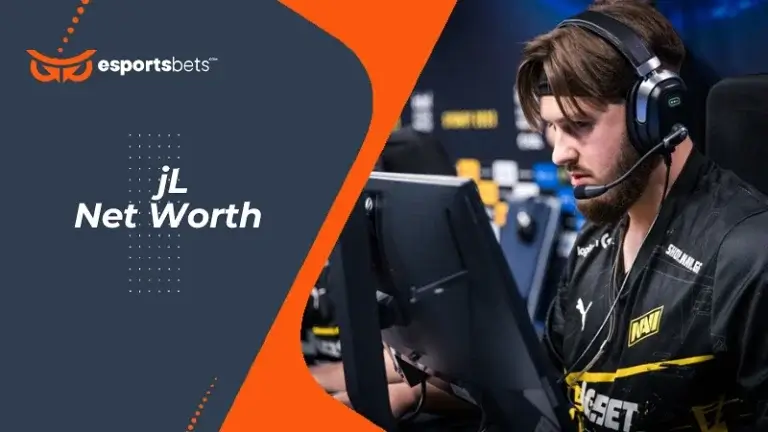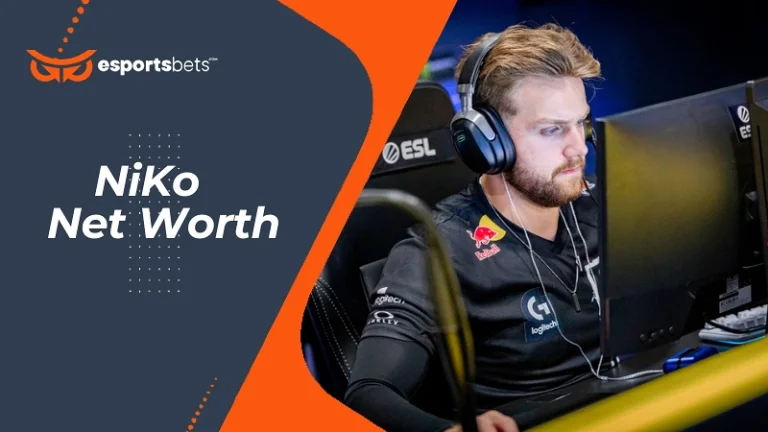Biggest Esports Organizations in 2025
The 2024 ecosystem has changed what orgs stand at the top, with some of the biggest esports organizations having to contend with new up and comers. All in all, it’s been a fantastic year for the esports scene, with some major organizations continuing to dominate across various games.
Let’s dive into so me of the biggest and most influential esports organizations making waves this year.
Old heads are still some of the biggest esports organizations

Team Liquid (USA + EMEA)
Team Liquid is a powerhouse in the esports world. They have their fingers in several pies, competing at the top level for League of Legends, CS2, Dota and VALORANT. Not every one of the big teams made the transition into picking up VALORANT teams, but as one of the strongest teams in the EMEA region, they have a strong social reach outside of the other established esports.
Liquid, notably, was one of the teams that had no interest in competing for a franchise spot in the now defunct OWL, but opted in to Riot’s new shooter. They also have an extensive 1v1 roster since branching out into several fighting games, and Super Smash Bros. Liquid also have a huge set of teams on their roster. They’re currently providing a home for 170 signed streamers, and 116 players, with nearly 900 more tournament reps than the next closest team.
Team SoloMid (USA)
TSM’s financial struggles haven’t been quiet ones. With Sam Bankman-Fried’s arrest and the collapse of FTX, the TSM FTX merger fell apart. Team SoloMid maintained they were still financially solvent, however cuts to their rosters soon followed, consolidating their roster slots to their core games.
Multi-time EVO winner, Leffen is their only remaining Smash player, who has had several successful ventures in the FGC. For team games, TSM continues to support their CS2, Rocket League, Overwatch and PUBG rosters. Unfortunately, due to not making franchising and being unsuccessful in Challengers, TSM dropped their VALORANT roster after Moist Moguls and Faze ended their season. This team is still up in the air and could drop from the top if things continue to go south.
Cloud9 (USA)
Cloud9 continues to excel in multiple games like League of Legends, CS, and VALORANT. Known for their dynamic roster and innovative strategies, they’ve built a reputation for being one of the most adaptable and resilient teams in the esports scene. Their consistent results and strong fan engagement make them a favorite among esports enthusiasts.
Fnatic (Europe)
Fnatic, based in Europe, has a rich history and a strong presence in games like League of Legends and CS. They’re known for their strategic gameplay and ability to perform under pressure. With a global fan base and a focus on international competitions, Fnatic remains a key player in the esports world.
Gen.G Esports (Korea)
Gen.G Esports has been on the rise as of late. They were a well established team in Korea, one that were the backbone support for the Seoul Dynasty back in the Overwatch League days.
Dominating the PUBG Battlegrounds scene with impressive earnings of over 4.5 million, and during Heroes of the Storm’s hayday, they put up solid performances. They are considered one of the favorites for Valorant’s VCT circuit thanks to their strong domestic performacnces and excellent overseas results.
New blood becoming some of the biggest esports organizations
Team Falcons (Saudi Arabia)
This Saudi backed team is one of the biggest esports organizations in terms of active rosters, competing in 27 different games. They compete in a variety of games, as one would expect with such a game count, from sports games to shooters, to 2nd place finishes in Fighting Games, Team Falcons are ones to watch going into the Esports World Cup.
Competing on home soil comes with many advantages, and many of the players competing under their banner will expect to do well as the premiere team from their region.
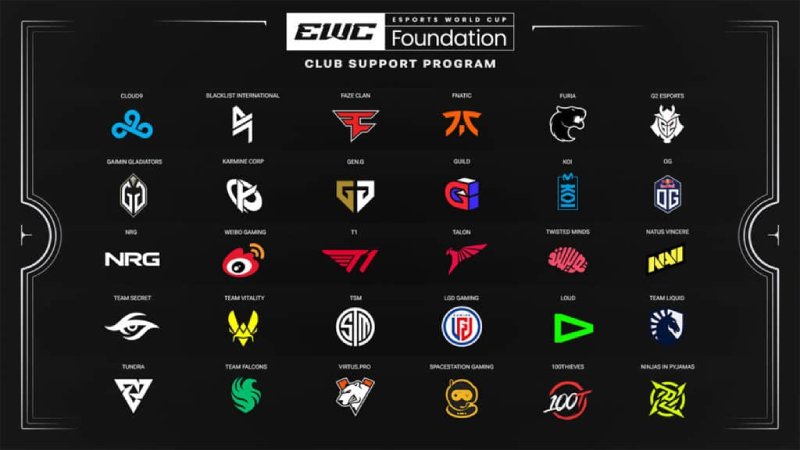
Vitality (Europe)
This European team has put on legendary performances in Counter Strike. The majority of their match time comes from StarCraft II, however CS and League of Legends are where the maority of their viewers come from. The same could be said for their earnings, but their 2nd most profitable title is Rocket Lague, where they’ve raised the trophy several times to the tune of over 2 million dollars.
Luminosity Gaming (Canada)
This is an organization that has been around for a while, but has been making waves recently thanks to several high profile Smash Ultimate and now Melee pick ups. With arguably 2 of the top 5 players and the game’s greatest of all time on the same roster they’re certainly looking for a dynasty.
Strong pickups in the streaming department shows people like Coney and xQc listed on their hall of fame. The majority of their winnings come from the Activision Blizzard titles. As the base for the Vancouver Titans (OWL) and Seattle Surce (CDL).
These esports organizations have built impressive legacies and continue to dominate the scene in 2024. The shift from players needing to be the best in their field, and now also needing to create content, esports is changing.














